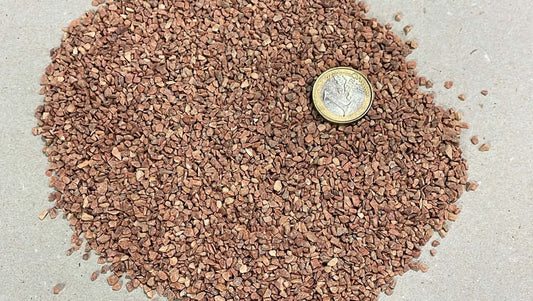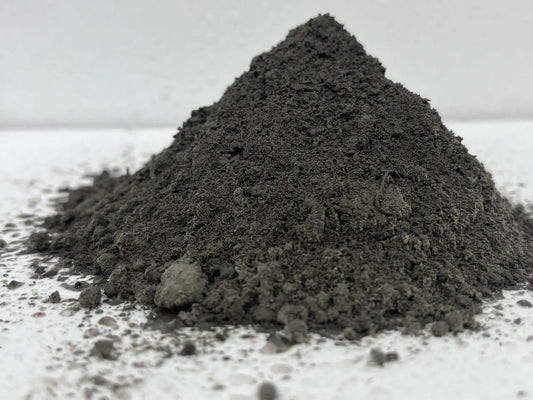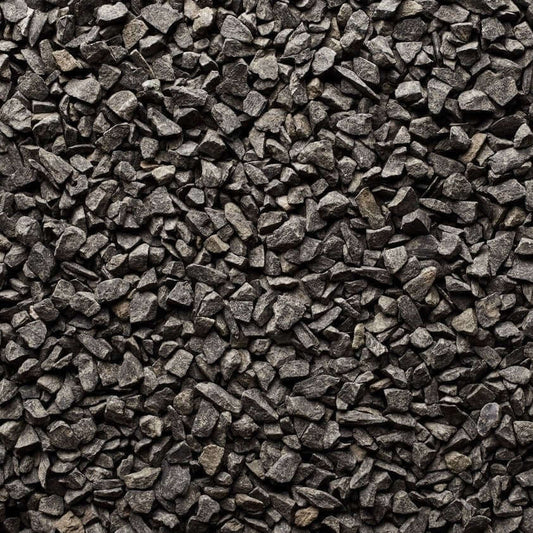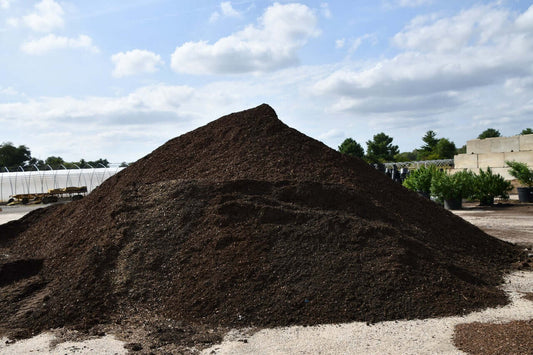No he podido todavía comprobar la eficacia. Es muy pronto. En 2 meses escribiré de nuevo. La entrega fue rapidísima. Me lo entraron a casa con un palet. Todo muy bien empaquetado y protegido. Sin duda volveré a recurrir a vosotros para la compra de mis sustratos y fertilizantes.
La arena es muy buena y la entrega, con todo tipo de falicilidades, ha sido perfecta.





















